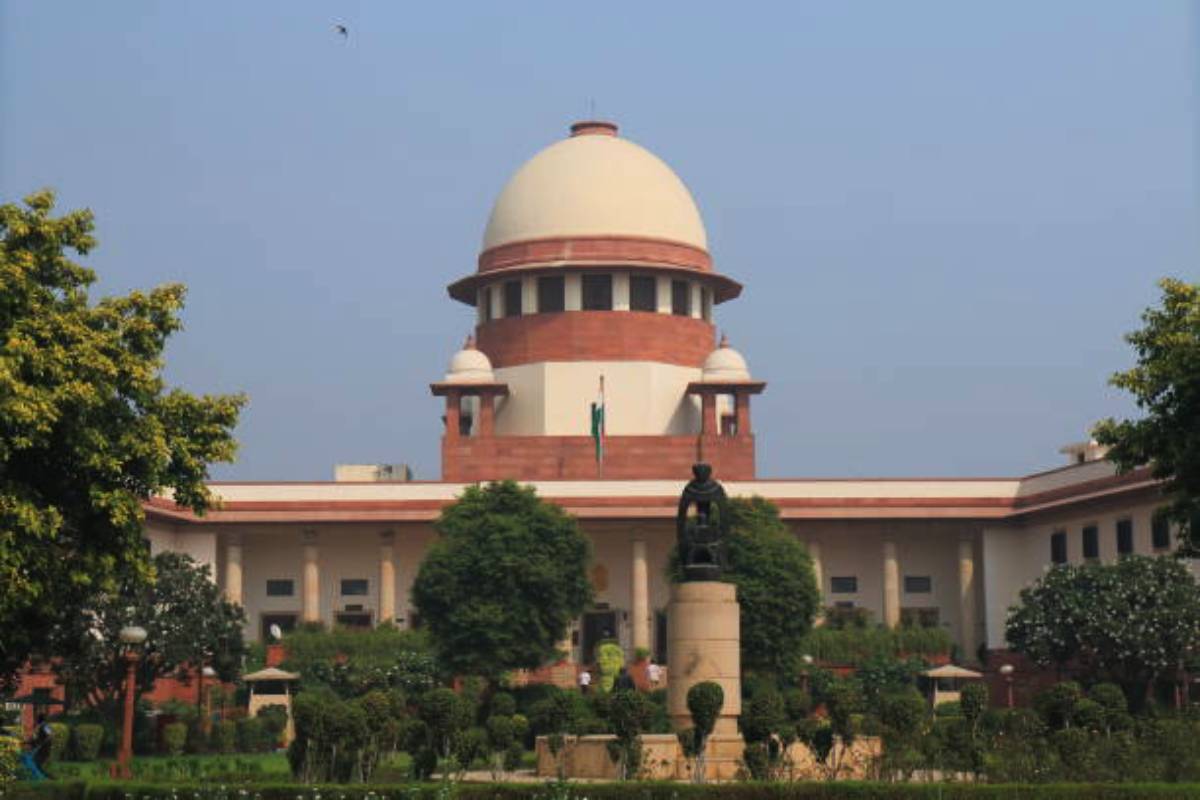The Supreme Court’s five-judge Constitution bench on Monday held that it can dissolve a marriage on the ground of irretrievable breakdown of marriage.
A Constitution Bench of Justices Sanjay Kishan Kaul, Sanjiv Khanna, Abhay S Oka, Vikram Nath and JK Maheshwari held that the six-month period prescribed under the Hindu Marriage Act can be dispensed with. The bench said that it can invoke special power granted to it under Article 142 of the Constitution and the mandatory waiting period of six months for divorce through mutual consent can be dispensed with subject to conditions.
Article 142 empowers the Supreme Court to pass decrees and orders which are necessary for “doing complete justice” in any cause or matter pending before it.
“We have held that this court can dissolve the marriage on the ground of irretrievable breakdown of the marriage. We have also laid down factors which can determine when there will be an irretrievable breakdown of marriage,” it added.
The order of the apex court came on an issue of whether divorce can be granted on the ground of irretrievable breakdown of the marriage by invoking special powers under Article 142 of the Constitution.
A batch of petitions was filed in the apex court relating the use of the apex court’s plenary powers to dissolve a marriage between consenting parties without referral to family courts to wait for the mandatory period prescribed under Section 13-B of the Hindu Marriage Act.
The case was referred to a five-judge Bench on June 29, 2016, by a division bench.











